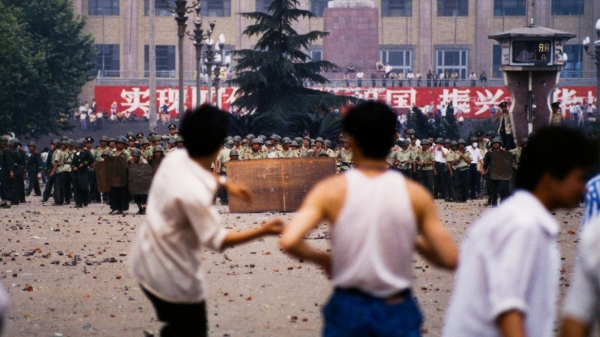
Opinion | The crackdown didn’t just happen in Beijing: A journalist corrects the record on Tiananmen
Hundreds, if not thousands, of people were killed in June 1989, when Chinese soldiers open fired on unarmed civilians in Beijing’s Tiananmen Square. But the crackdown didn’t just happen in the capital, says journalist and author Louisa Lim. It happened in cities such as Chengdu, in a square referred to as “Little Tiananmen.” Lim pursued a trail of evidence — eyewitness accounts, contemporaneous records and photographs — to write a book and correct the historical record.
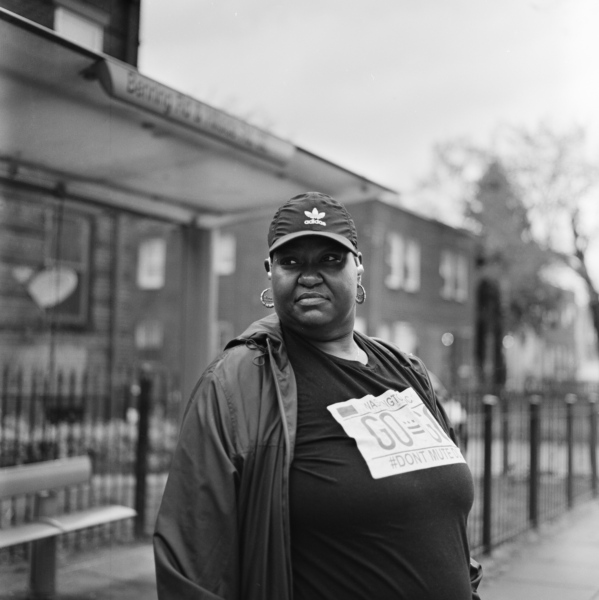
Riding the bus in a pandemic
In the middle of a pandemic, mostly low-income Washingtonians are riding the bus. It is a lifeline through poorer areas of the nation’s capital where food and services can be hard to reach. And it tells the story of a crisis that existed long before the coronavirus hit.
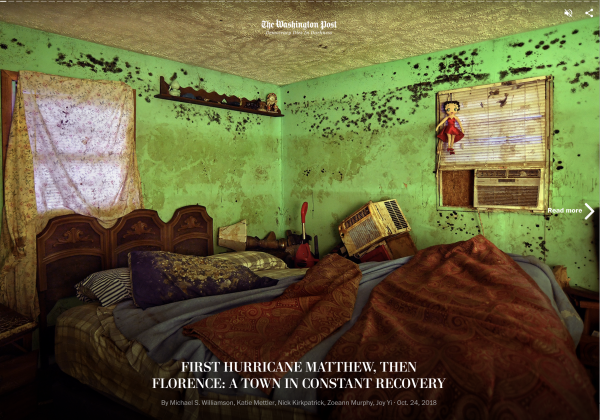
First Hurricane Matthew, then Florence: A Town in Constant Recovery
The Lumber River has long been treasured, for centuries sustaining Native Americans and the European settlers who sought to build a community in North Carolina. Water from the 133-mile-long river fed fishermen, transported travelers and provided a natural bath for baptisms.
But the river has morphed into an invasive threat. Two years ago, when Hurricane Matthew hit, the Lumber spilled over its banks and into Lumberton's poorest neighborhoods, carrying away cars and washing out homes. Experts call it a 1,000-year flood. But just 23 months later — on Sept. 14 — Hurricane Florence's historic rains swelled the river again, further devastating the city.
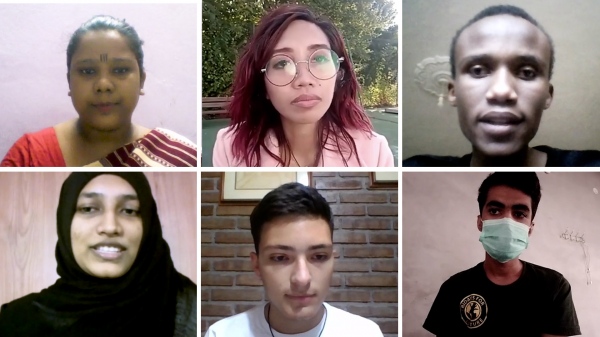
What climate activists from six countries want to see at COP26
Thousands of people are expected to march in Glasgow, Scotland, to push for climate action and protest the disparate impacts of climate change on vulnerable communities and countries.
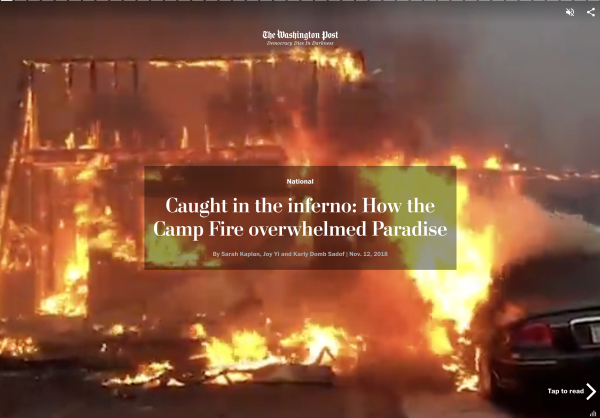
Caught in the inferno: How the Camp Fire overwhelmed Paradise
It's been five days since the start of the deadliest and most destructive fire in California history. Already miles of land have been burned and thousands of homes reduced to rubble. At least 42 people have been found dead; many of them were trapped in their cars while trying to escape the inferno.

Inside New York City’s supervised consumption site for illegal drugs
The nation’s first sanctioned overdose prevention centers where people can use illegal drugs under supervision opened in New York City on Nov. 30, 2021, as the number of U.S. overdose deaths continues to soar. The sites are supported by state and local officials, but similar facilities were deemed illegal under the federal "crack house statute" by former President Trump's Justice Department in January 2021. Advocates hope the openings spur a shift toward offering services legally nationwide.
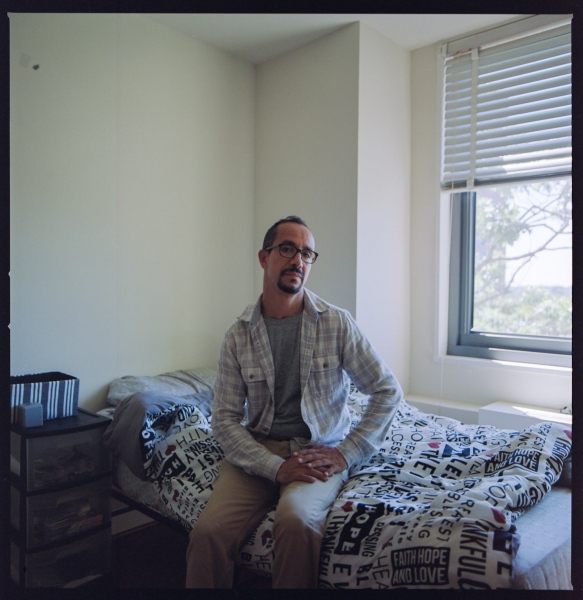
'Our government is gambling with human life'
Without federal intervention, housing experts and advocates warn of an unprecedented wave of evictions in the coming months, and one far more devastating than the round that came after the 2008 foreclosure crisis.
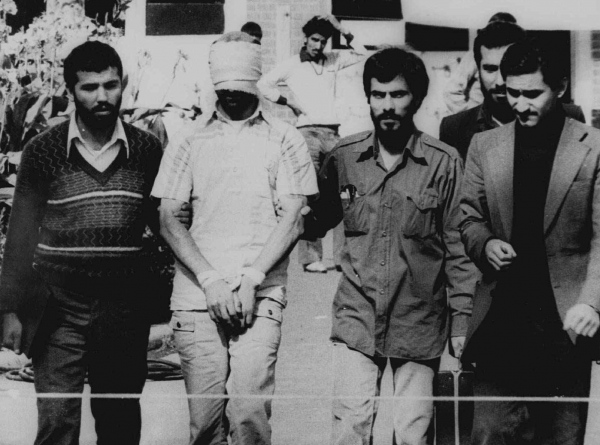
Iran embassy hostages are still waiting for promised compensation forty years after their release
In 2015, Congress passed a law to pay restitution to the Americans taken hostage at the U.S. Embassy in Tehran from 1979 to 1981. But the funds have run dry.
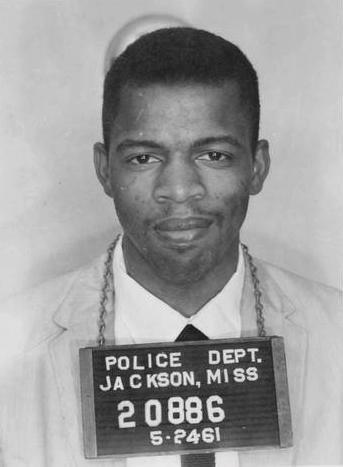
Opinion | Andrew Young on John Lewis: 'We chose to give our lives for peace'
Civil rights leader Andrew Young, a former U.N. ambassador and congressman, reflects on Rep. John Lewis and the nonviolent tactics they used in the 1960s.
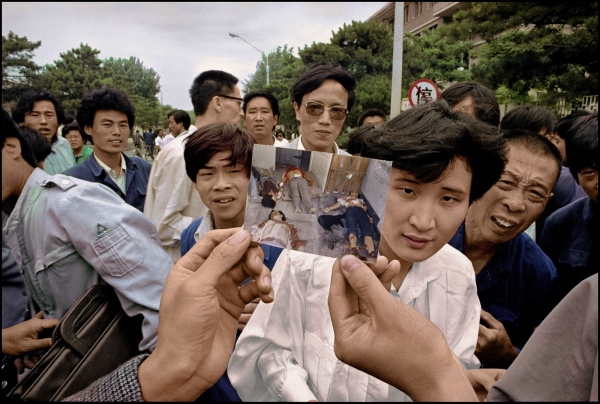
A massacre, erased
In the spring of 1989, Chinese pro-democracy activists filled Beijing's Tiananmen Square. For weeks, the protesters, led by students, stood in unprecedented defiance of the Communist regime. They called for respect for human rights and greater political participation amid the ambitious economic reforms spearhead by then-leader Deng Xiaoping. The protests eventually spread to 400 cities across China. Communist Party leaders, however, saw the protests as a threat to their hold on power and the political system. On the morning of June 4, the government sent armed troops to dissolve the demonstration in Tiananmen Square, killing and arresting activists. Though there is no official death toll, estimates range from several hundred to more than 10,000. The day is thought to be one of the bloodiest political crackdowns in modern history.
